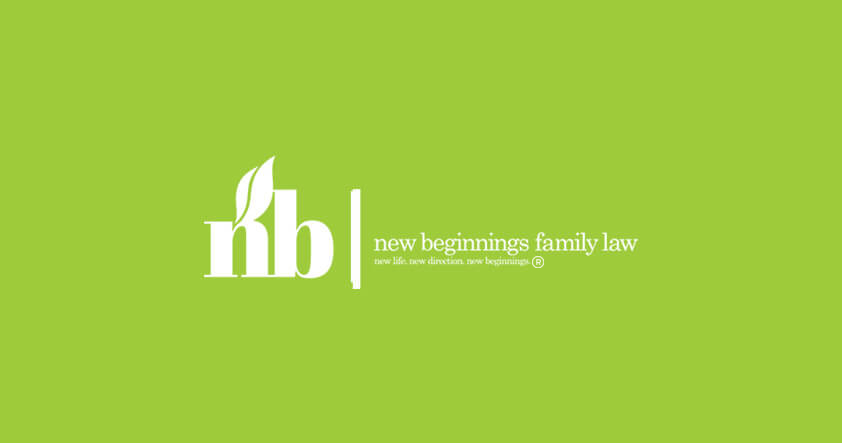Which Type of Adoption is Right for Your Family?

Which Type of Adoption is Right for Your Family?
There is a potentially overwhelming number of things you have to think about when considering adopting a child. There are financial and emotional considerations you must make alongside the complex and sometimes frustrating procedures and regulations involved.
What Are the Different Types of Adoption
One of the most important factors you must consider before attempting to move forward with an adoption is figuring out which type of adoption is right for your family. There are a number of possible options for how you want to proceed with an adoption as well as varying characteristics about the children themselves that will all impact the adoption procedure and the implications of raising the child. Below we’ve detailed some of the contrasting types of adoption to consider.
International vs. US
Do you want to adopt a child who already lives in the US, or are you interested in adopting a child from another country? Some families prefer an international adoption because they feel it is easier to find children that are legally “free” to be adopted and that they will not have to compete with other potential parents to convince the birth parents to choose them as the adoptive parents. There is also less potential with an international adoption that the birth parents will change their minds at the last minute. Alternately, with a US adoption it is possible to adopt a true newborn, whereas an international adoption will be a slightly older infant. Furthermore, it is much more likely with a domestic adoption that you will have access to a thorough medical and social history of the child’s family. There are also social implication to raising a child from another culture than yours that you must consider before choosing an international adoption.
Age
How old do you want the child you are adopting to be? Do you want a newborn, a toddler or a teenager? Newborns are by far the most in-demand adoption category and thus can be much harder than adopting an older child. However, if you adopt an older child then the emotional transition could be much more difficult for you and the adoptee since he or she will have memories of their birth families and will have possibly experienced trauma in losing them.
Open vs. Closed
An open adoption is when the adoptive parents and the birth parents are allowed to have some level of contact with one another before the adoption, and often stay in touch even after the adoption is complete. This can include sharing phone calls, sharing photographs, etc. This is an increasingly common form of adoption, particularly for older kids who know and are aware of their birth families. The birth family may also have a say in choosing the adoptive parents. In closed adoptions, on the other hand, the adoptive parents have no contact with the birth family nor does either party ever receive any information about one another. The records of the adoption are sealed by the courts after it is finalized, though they may become available to the child once he or she turns 18. You need to decide which style of adoption works best for your needs and for the child you want to adopt.
Special Needs
There are many special needs children in need of adoption. Are you financially and emotionally prepared for the challenges of raising a special needs child? What would you do if the child you adopt later turns out to have special needs that you did not expect or were not disclosed? It is essential that you make sure that a special needs adoption is right for your family before moving forward.
Get Help With the Adoption Process with the Expert Adoption Lawyers in Huntsville
The various types of adoptions and adoption procedures can vary greatly depending on how you choose to proceed. Please contact New Beginnings Family Law to let us advocate for you and help guide you through the complex adoption process.
Site Map | Disclaimer | Privacy Policy |
Disclaimer: No communication concerning a lawyer's services shall be published or broadcast, unless it contains the following language, which shall be clearly legible or audible, as the case may be: “No representation is made that the quality of the legal services to be performed is greater than the quality of legal services performed by other lawyers.
© 2026. New Beginnings Family Law. All Rights Reserved





